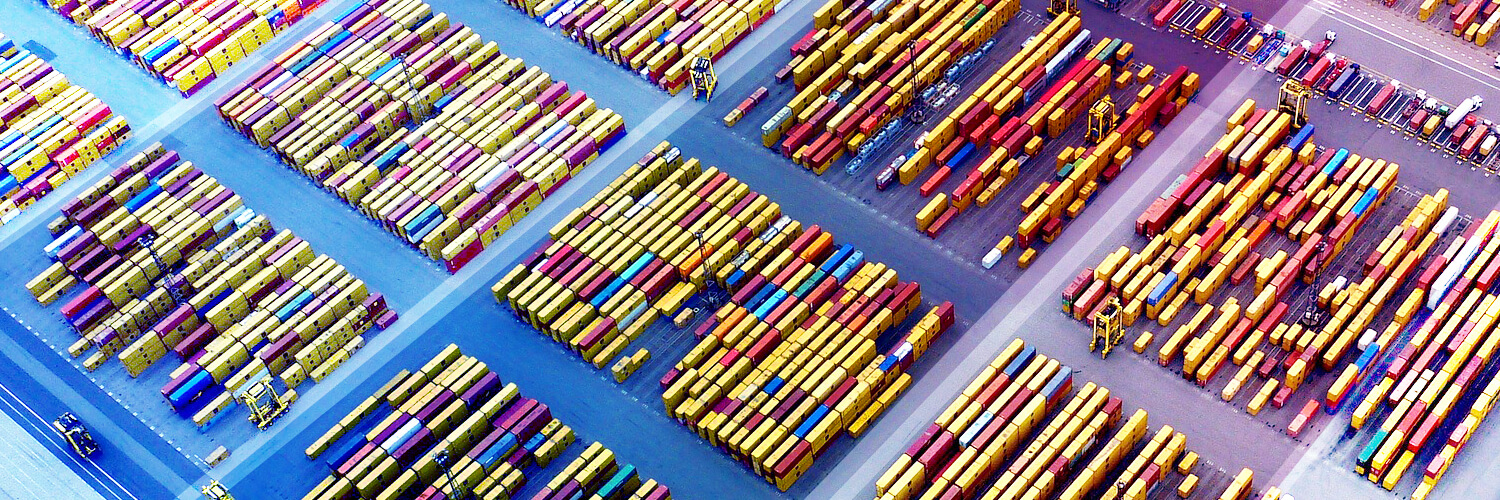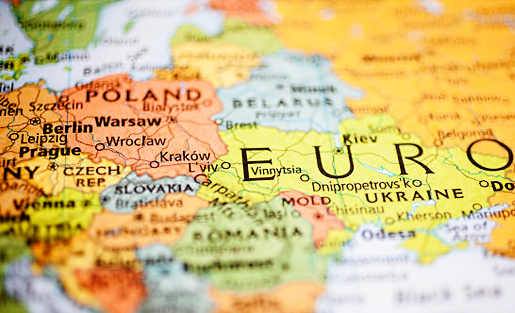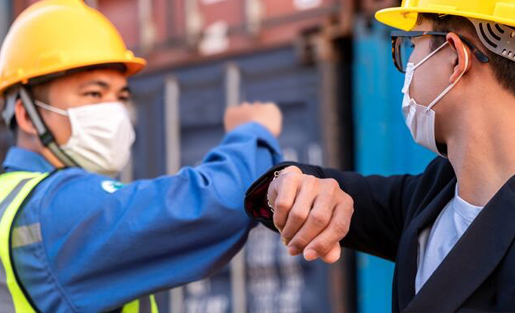November 8, 2021
An IPL perspective – Supply Chain Resilience in a post-pandemic world

Amongst a host of revelations, the pandemic and ensuing shipping crisis of 2021 have revealed that a fundamental galvanization and growth of global supply chains (GSCs) is all but imminent. This key macro trend was already in the making pre-COVID-19 says Faizal Kassim, Director of Operations at IPL Packaging.
Risks, Rebalancing & Resilience
“The COVID-19 pandemic is accelerating the pace of change in world trade,” states Kassim. “However, whilst the ongoing shipping crisis and disruption of supply chains has cruelly exposed the vulnerabilities of relying on ‘just-in-time’ supply deliveries, this is a trend that has been coming for some time.”

“Globalisation fervour has eased over the last decade,” he explains. “For one, China has faced increased cost competitiveness from other nations. The rising frequency of natural catastrophes has also resulted in costly disruptions to production, whilst new digital technologies (that simplify and shorten supply chains) have prompted global manufacturers to rethink their production and sourcing strategies. “
“The ramping-up of US-China trade tensions since 2018, and now the radical uncertainties posed by the pandemic, have instilled greater urgency for GSC restructuring,” says Kassim. “Driving this restructuring, and prompting a retreat from globalisation, are the 3 big forces of COVID, climate change and geopolitics,” he says. “It’s these same factors that also contributed to Britain’s energy crisis, reducing the number of truck drivers able to deliver fuel, whilst a lack of wind led to a lack of renewable power – and all at a time when natural gas reserves were critically low.”
Meeting the Challenges
”A resilient supply chain is one that recovers quickly from an unexpected event. The following therefore seems clear; supply chains will need to become more flexible and more digital – and we can expect to see parallel supply chains develop as businesses seek to strengthen their operational resilience and react to the geopolitical forces at play. ” he says.

“However, it’s important to note that globalisation will not disappear. It still offers massive economic benefit. In fact, another lesson from this crisis is how deeply absorbed globalisation really is,” he continues. “Scientists co-operated across borders to invent treatments and vaccines at a pace unprecedented in world history. International Internet traffic soared and global trade continued. And, whilst we’ve experienced serious manufacturing and shipping disruptions, we should indeed pause to reflect on how surprisingly well global trade still works.”
“China’s production output may have been the first to be hit by strict virus containment measures, but the country has also seen an early return to economic activity. The country’s swift and strong recovery seems to indicate that Chinese firms are more resilient to global shocks than most others. In fact, the value chains that Chinese firms are deeply involved in seem to be more resilient,” states Kassim. “One reason for this might be China’s success in quickly containing the local spread of COVID-19. Another reason could be that the country has more regionalized value chains compared to other countries. “
Some Things Change, Some Stay the Same
“Despite our strong and continued partnerships with Chinese manufacturers, it will, however, be a very different and more adversarial game for many suppliers when it comes to supply chain management,” cautions Kassim. “Global economic competition will intensify and companies and brands will need to navigate this new world, using logistical and technological innovation to retain advantage whilst minimising risks. Facilitating innovation and investing in skills and infrastructure will be crucial”.
“Markets in Southeast Asia will likely be some of the preferred alternatives for duplicate production activities, particularly given their strong growth potential and competitive labour costs,” he states. “Countries with similar industry composition to China’s export sector, and/or free trade agreements with the US, the EU and Japan, also stand to benefit. Vietnam and Mexico are prominent among these.”

“Countries with robust educational systems, including the Czech Republic, Poland, Romania and Slovakia, have invested in artificial intelligence, robotics and other advanced technologies that will help create new jobs with high productivity potential,” says Christiana Delahaye, IPL’s Senior Purchasing Manager for Europe. “That makes these countries attractive as onshoring destinations for wealthier countries that have not yet invested in these technological advancements. It also addresses the issue of transport and carbon footprint reduction. Notwithstanding, we do expect China, for the foreseeable future to remain the preeminent supplier to the luxury packaging sector.”
Galvanisation & Growth
“As a global packaging supplier, growing and galvanising our supply chain is a strategic imperative,” she explains. “But it’s also complex process that involves communication and cultural challenges that can lead to technical issues,” she explains. “We’re fortunate to have already been through these processes in our pursuit to achieve strong relationships with our suppliers in China,” she says. “We will continue to grow and cement these relationships with them and we look to do the same in Eastern Europe – to forge strong partnerships through our experience and our learnings up to this point. It’s where we can add value.”

“Forging partnerships with new factories in these difficult times, whilst strengthening our existing and established partnerships, can only bolster our relations and future team work with both our customers and suppliers. The ability to access manufacturing platforms, shorten supply chains and move closer to customers has the ability to create important savings and efficiency gains that can potentially steer companies towards more flexible, distributed modes of production,” states Delahaye.
Gearing up for a Game Change
“The global economic game will be very different. We’re guaranteed to see a diversification of supply bases amongst many producers, though not a dramatic disruption, particularly as building new supplier bases necessitates considerable time, money and logistics.” says Kassim.
“It’s time to adopt a new vision suitable to the realities of the new era- one that doesn’t engage reflex action – that still leverages the capabilities that reside around the world, and our relationships forged over many years, but that improves resilience and reduces the risks from future disruptions that are certain to occur.”
IPL Packaging is a global luxury packaging supplier with offices in the USA, Europe, Mexico, Asia and Africa. Approved manufacturing is available in several Asian countries, as well as sites in Eastern Europe. We create bespoke, tailored and exclusive packaging for any premium or luxury brand and lead the entire process, from conceptualisation and design to production and delivery.
For more information on packaging solutions or to gain insight into our latest packaging trends, follow us on LinkedIn, Facebook, YouTube or Pinterest. Keep an eye on our news section for insightful articles and innovative ideas around packaging materials, product development and design.
More articles

November 10, 2020
IPL Packaging – Finalists In Luxury Packaging Awards 2020

February 23, 2023
IPL Perspectives: Lauren Watt & Jason Roberts

October 22, 2018
A Tin to Tell a Story

October 27, 2020
The Past, Savoured in the Present – Bowmore

May 19, 2022
A Slam Dunk for Cincoro

April 21, 2022
Shakes, Rattles and Rolls

August 22, 2023
Time Well Spent

October 6, 2021